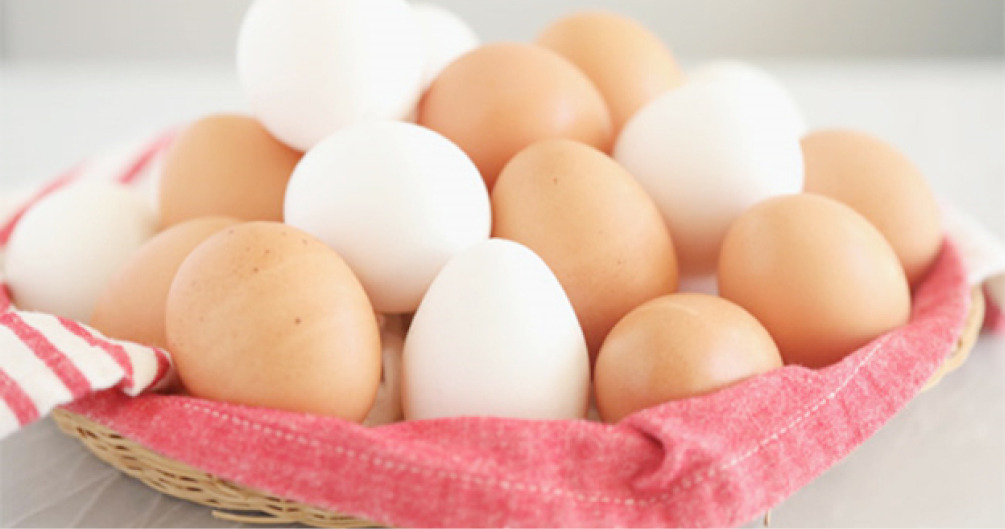Nigeria is Africa’s largest poultry egg producer — Institute
The Nigerian Institute of Animal Science (NIAS) says Nigeria is the largest poultry egg producer in Africa, with an annual production of 650 tonnes. It also said Nigeria’s poultry population of 180 million birds is the second-largest in Africa. Blame state govts, not FG for Nigeria’s education woes – Osinbajo Nigeria paid $500m for new […]

Poultry eggs
The Nigerian Institute of Animal Science (NIAS) says Nigeria is the largest poultry egg producer in Africa, with an annual production of 650 tonnes.
It also said Nigeria’s poultry population of 180 million birds is the second-largest in Africa.
- Blame state govts, not FG for Nigeria’s education woes – Osinbajo
- Nigeria paid $500m for new Tucano jets – U.S
Prof Eustace Iyayi, the Registrar of the institute, disclosed this on Tuesday in Abuja at a news conference held in preparation for the Joint Annual Meeting of NIAS and Animal Science Association of Nigeria (ASAN).
The conference, scheduled for September 5 to September 9 in Uyo, has as its theme: “Livestock Resilience in the post-COVID era”.
Iyayi noted that Nigeria produced 300 tonnes of poultry meat yearly as well as contributing 25 per cent to the agricultural Gross Domestic Product (GDP).
He disclosed that no fewer than 85 million Nigerians were involved in poultry agribusiness along the value chain.
The registrar, however, noted that the impact of the COVID-19 pandemic on the industry had been phenomenal with steep losses reported by farmers.
According to him, the feed sector has not been spared as two essential ingredients, maize and soybean, as their cultivation and importation reduced drastically, which further compounded the problems of the industry.
Iyayi explained that the conference would seek to address challenges plaguing the animal husbandry industry in the country.
“The growth of Nigerian animal husbandry industry has been slow, has further been aggravated, apart from the COVID-19 pandemic, by factors such as insecurity, climate change, rising population and cost of other living expenses.
“This has left consumers with reduced disposable income to purchase animal foods.
“Animal scientists believe that going forward in the post-COVID-19 era, resilience is required to absorb the shock and reposition for greater heights, solve youth restiveness and perennial farmer-herder conflicts,” he said.
Iyayi identified the basis for a resurgence of the nation’s economy to include the application of technology and innovation to promote production, processing and animal agricultural trade through effective competitiveness. (NAN)
